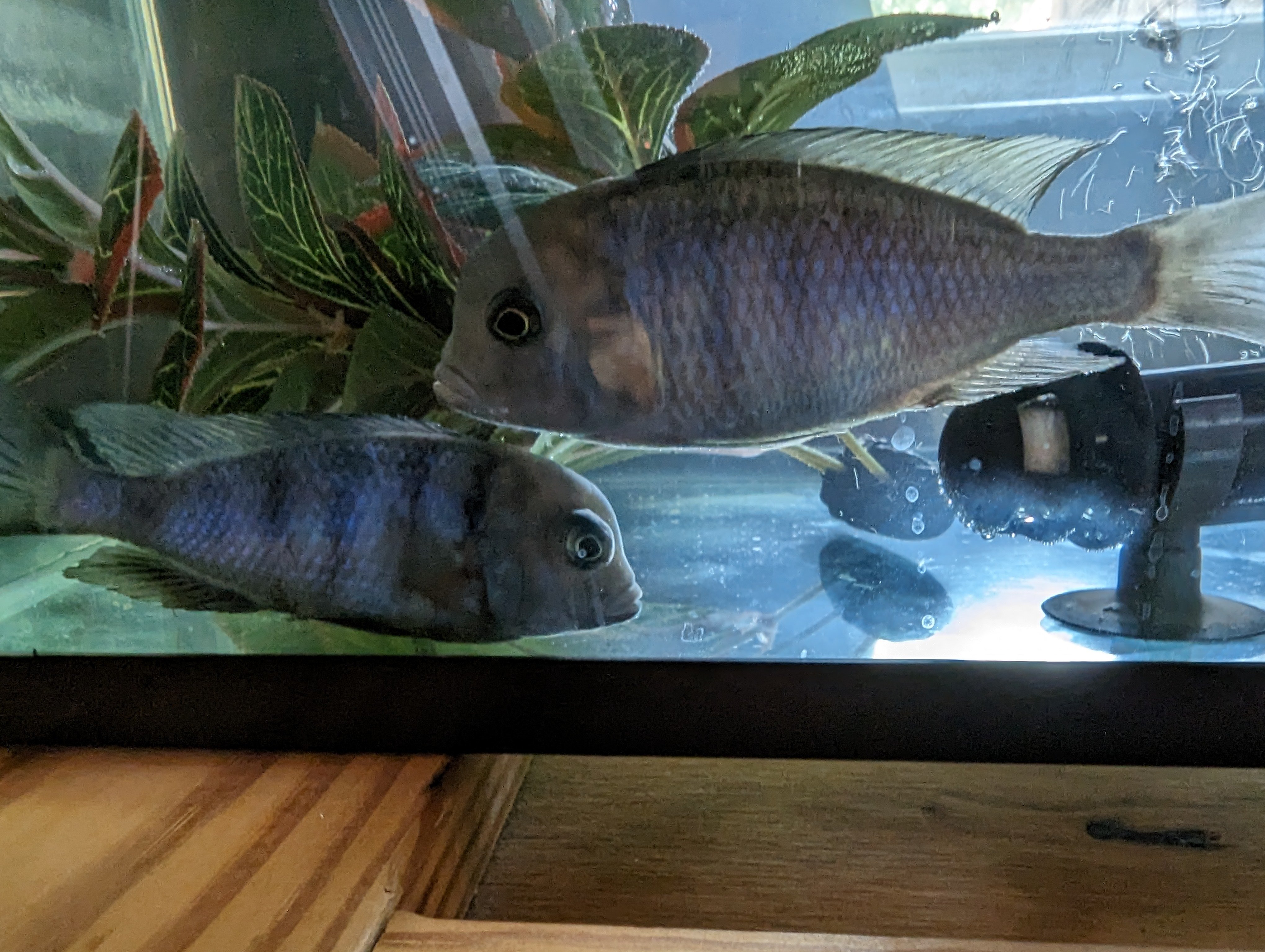I'm at peace with balanced underscores (like "dunder name equals dunder main") and the internal ones for snake case, but in the unbalanced ones (prefixing unders and dunders for pseudo-private) still bug me. But at least, conventionally, it's visually the same idea as Hungarian notation.
atx_aquarian
For physics enthusiasts, I'd also suggest "floatheadphysics" for his depictions and sometimes cathartic presentation style. I love how he broke down special relativity in an easily understood way.
Then I've also really been enjoying "For The Love of Physics" for his style of showing some of the math. His style is more of a classroom presentation, but in a way that reminds me of my most effective professors that made their lessons as easy to consume as mac and cheese.
I'm inclined to hit some online courses someday, too, but, for now, these have been great for conceptual stuff and my curiosity vs. time balance.
"Abesede" is getting too close to "obesity", but I think "Absedee" works. But yeah, people need to stop trying to use letters and symbols to replace the phonemes of that letter's name.
That reminds me, I had a ride share driver named Blas, and I had to giggle and tell them about it.
Duolingo? Mine still has dark mode. Maybe just for subscriptions?
You'd have to cut off VPN, SSH, and proxies, too, and to stop a really slippery network person from getting around that, you'd have to inspect protocol, not just block ports.
Dirt!
I was just recommended a product called "Milorganite", which is a soil product out of Milwaukee. They apparently ship it all over the US. People in, say, Florida are buying soil from Wisconsin.
There is just something really amazing about being able to communicate directly between two points on the planet by bouncing EM waves off layers of the atmosphere. Like, imagine two people hundreds of miles apart are shining flashlights (or torches, if you prefer) at the distant sky, just above the horizon, and seeing the sky glow from each other's beams signaling each other. At the right frequencies and with the right conditions, certain atmospheric layer boundaries become reflective, like the boundary between air and water, so imagine that distant sky looks a little glossy up there, like water's surface reflecting your beam.
But then run that light source through a machine that does that flickering signal fast enough to encode your voice in the pattern of flickering that's glowing in the sky over someone else's horizon.
That's pretty closely analogous to what amateur ("ham") radio operators are doing when they play with the HF range of the radio spectrum. The electronics are less sophisticated than cell phones, but our usual gadgets rely on many other devices to relay info across the Internet (which is also amazing, in a different way). Ham radio, on the other hand, is like a fancy version of talking through two cans on a string, sometimes up to thousands of miles apart, but using fast flash lights instead of string and cans.
Username checks out.
The inherent problem with that is how few there are. Don't get me wrong--yes, let's do that, too.





Not pictured (that's called cherry-picking): Falcon 9 has 469 successful launches for a >99% success rate right now.